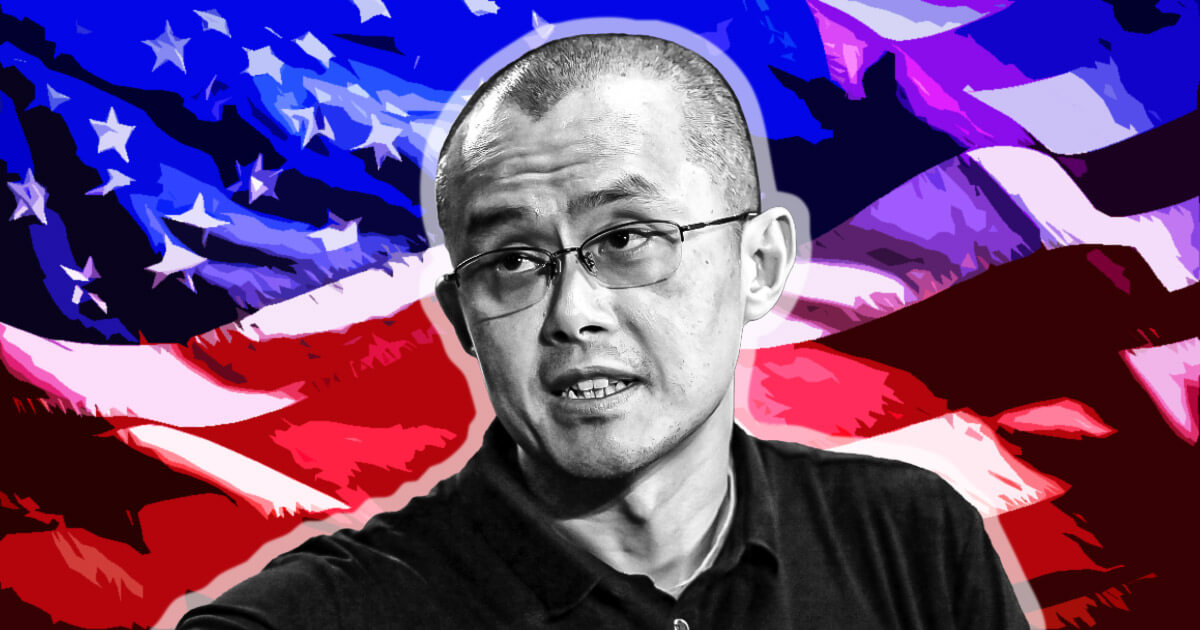
In a filing on Nov. 24, U.S. prosecutors noted that they may go beyond the guidelines and seek the statutory maximum prison sentence of 10 years for former Binance CEO Changpeng Zhao (CZ). The prosecution’s filing was submitted in response to CZ’s opposition to the government’s motion to detain him in the U.S.
The prosecutors noted:
“The reality is that the top-end of the Guidelines range may be as high as 18 months, and the United States is free to argue for any sentence up to the statutory maximum of ten years.”
According to John Reed Stark, former chief of the Securities and Exchange Commission’s (SEC) enforcement division, this is the “first time” the prosecution has stated in “clear and certain terms” that they may seek sentencing of up to 10 years.
Prosecutors contend that CZ presents a flight risk
Arguing for CZ’s detention, the Department of Justice (DOJ) lawyers said that the “penalties he faces at sentencing will no doubt seem significant to him,” which “weighs in favor of the reasonable restrictions.”
CZ, a multi-billionaire citizen of UAE, has pleaded guilty to one charge of the Bank Secrecy Act violation. In the majority of similar cases, such defendants would normally be detained in the U.S., the prosecutors noted.
However, this is an “unusual case” since CZ voluntarily came to the U.S. to face justice, the prosecutors noted. This singularity was the reason why the prosecutors allowed CZ to remain free until his sentencing, which is scheduled for February 23, 2024.
However, the decision did not indicate the prosecution’s belief that CZ “presented no flight risk,” the DOJ lawyers noted. In fact, the prosecutors believed that CZ’s flight risk could be “managed” by restricting his travel and preventing him from flying back to the safe haven of UAE. The DOJ lawyers noted:
“This is a reasonable restriction given that, if Mr. Zhao is allowed to return to the UAE and then fails to appear, he may never answer for his crime.”
Furthermore, the prosecution noted that CZ has “no ties” to the U.S. His family lives in the UAE and most of his wealth is held outside the U.S. Besides, CZ is not just a citizen but has “favored status” there since he obtained the citizenship through an invitation. All this demonstrates his “strong connections” to the UAE and the country is unlikely to “hand him over” if he decides to abscond, the prosecutors argued.
What lies ahead
Judge Richard A. Jones is set to rule on the motions tomorrow and decide whether CZ should be restricted from traveling back to the UAE. This is because the judge set Nov. 27 as the deadline to review CZ’s bail order.
Speculating on the outcomes, Reed Stark noted that the judge could order additional bond conditions, strengthen bail requirements, seek additional presentations from the prosecutors and CZ, or seek more “concrete assurances of CZ’s position.” The judge could also delay his decision, Reed Stark added.
The ex-SEC chief also asserted that CZ’s crimes “are not regulatory parking tickets but are tantamount to mass murder and mayhem, and his wealth and special citizenship in a non-extraditing country render CZ a legitimate flight risk.”
Moreover, Reed Stark said he will not be “surprised” if CZ fails to cooperate, violates his plea conditions, or “takes some other action to blow up his plea arrangement.”
According to him, if the DOJ does not secure a considerable sentence for CZ that will deter future violations in the crypto world, then the plea deal will backfire on the DOJ. Reed Stark hopes that the Binance monitoring requirements could yield more “egregious and chargeable crimes,” adding:
“Otherwise, the entire Binance debacle may very well turn out to be a slap on the wrist for CZ and, sadly, a historical injustice of epic proportions.






